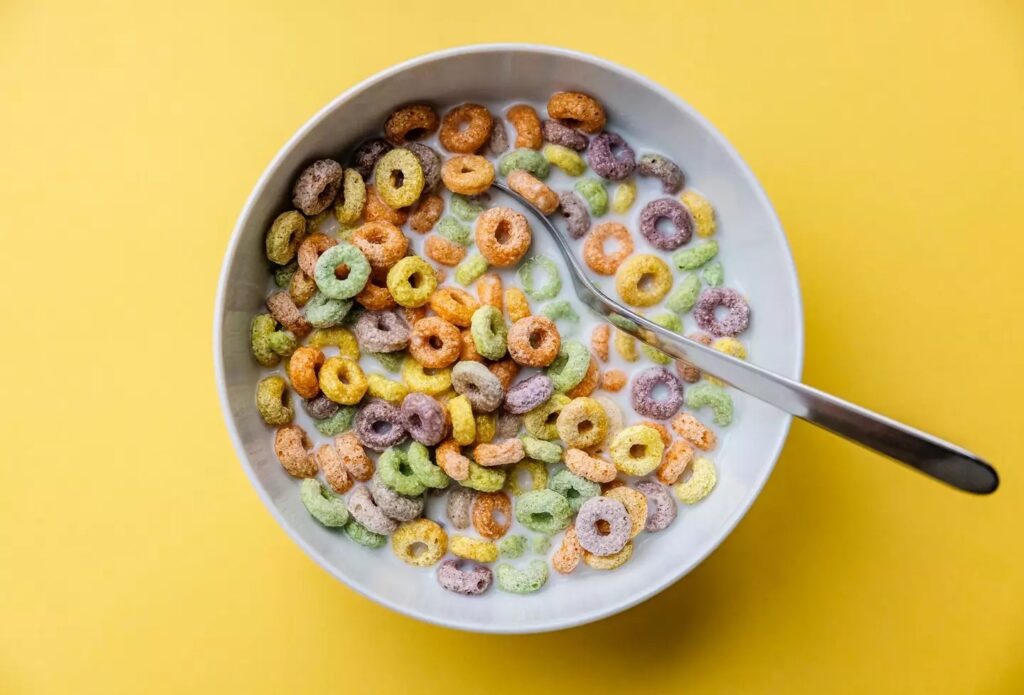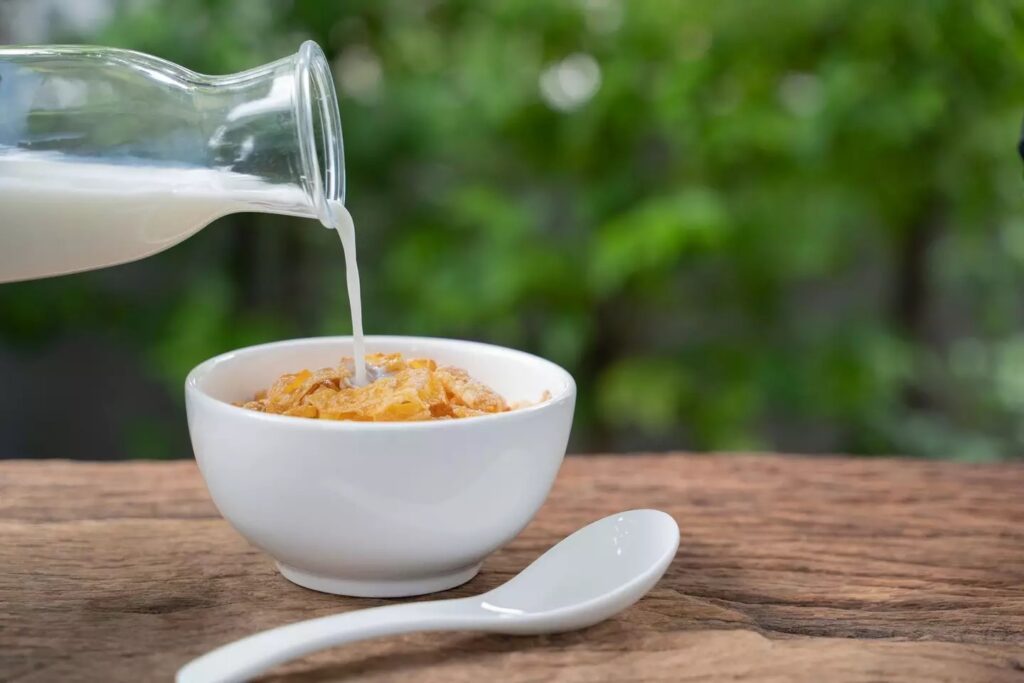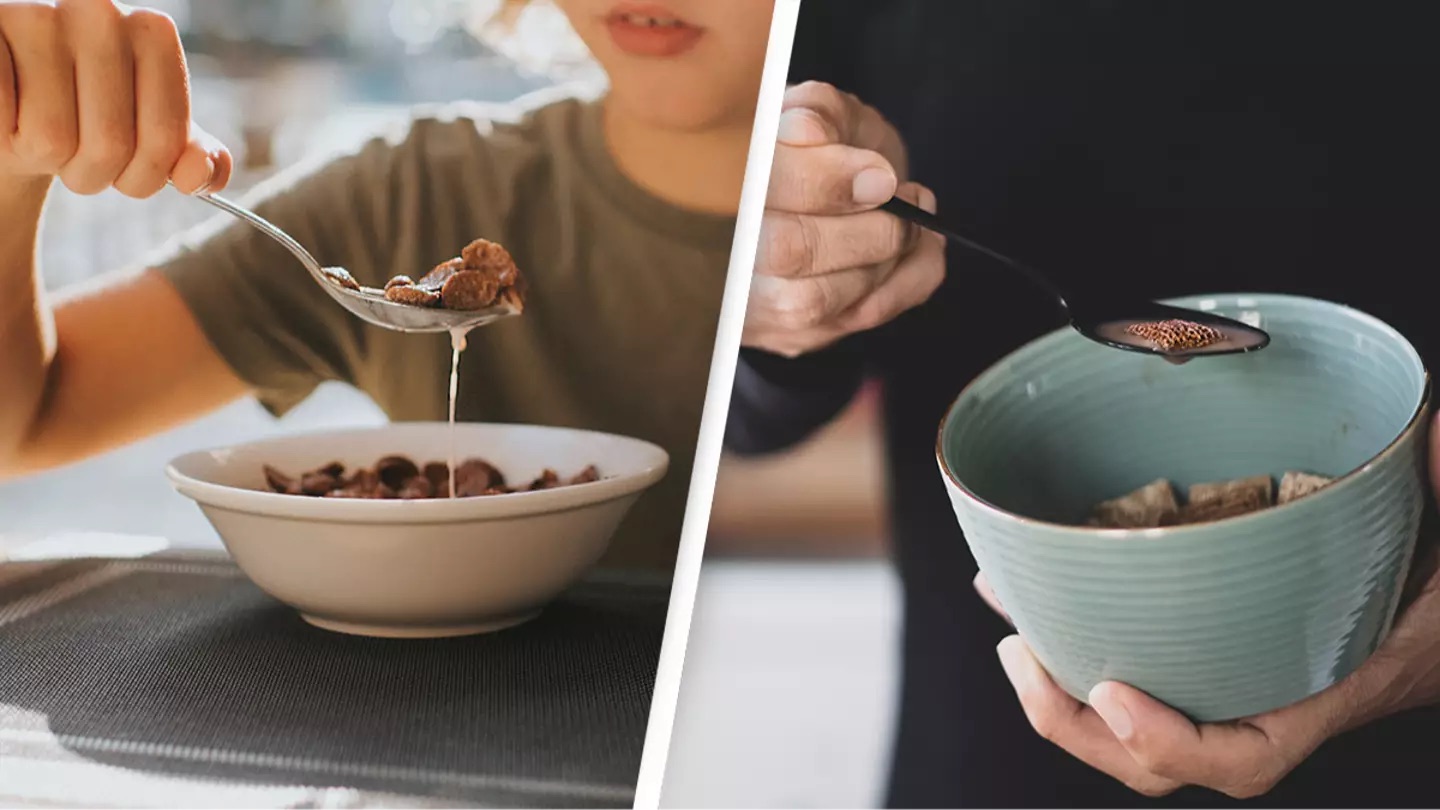Put down your spoon, as a former FDA employee has identified a breakfast cereal considered to be among the most harmful, and it might be one you’re eating. While the U.S. food market is known for offering less-than-healthy choices, how bad is your morning cereal? Many cereals, especially those marketed to children as healthy, multi-grain options with a touch of sweetness, contain hidden risks.

Dr. Darin Detwiler has singled out a specific brand linked to health concerns, including cancer. Can cereal really be that dangerous? According to Detwiler, the answer is yes. He warned the Daily Mail about a Kellogg’s cereal described as “heavily processed, loaded with added sugars, artificial dyes, and preservatives,” featuring a long list of unhealthy ingredients. He stressed that sugar isn’t the only problem.
Although Kellogg’s corn flakes were originally designed as a bland, health-conscious food, the brand has since shifted toward creating more flavorful cereals, often with harmful ingredients. Unfortunately, what tastes good isn’t always good for you.
So, what’s the worst cereal? It’s likely Kellogg’s Froot Loops. A single cup contains 12.35 grams of sugar—nearly half the recommended daily limit for children, who often eat more than one serving. Froot Loops also includes Red 40, a dye banned in several countries due to health concerns. A 2022 study linked it to digestive issues, such as irritable bowel syndrome and Crohn’s disease.
The cereal’s health risks are widely recognized, as demonstrated by recent protests at Kellogg’s Michigan headquarters. A petition, with over 400,000 signatures, demanded the removal of harmful additives from their cereals. The petition stated, “It’s now 2024, and Kellogg’s continues to sell cereals with artificial colors and flavors targeted at children, including new products like Minecraft Frosted Flakes and Disney’s Little Mermaid Cereal.”

In 2015, Kellogg’s pledged to remove artificial color additives by 2018. The company has since stated that over 85% of its cereals no longer contain artificial colors, and they continue to develop products that meet evolving consumer preferences.
